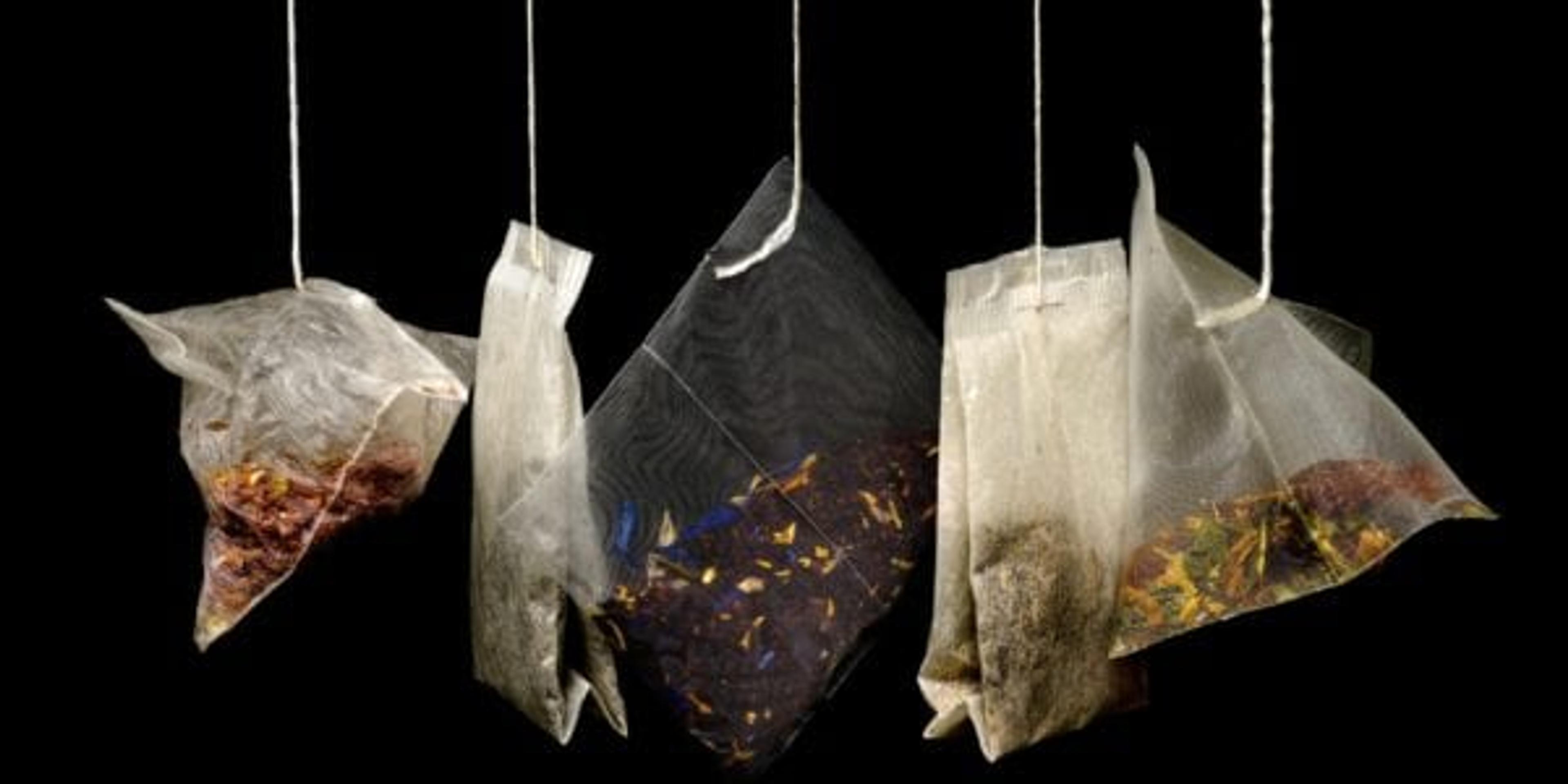Could caffeine be part of a healthy lifestyle?

David Lingholm
| 2 min read

If you enjoy coffee, tea or even dark chocolate, you are probably used to having caffeine coursing through your veins on a daily basis. While that was once considered to be detrimental to your health, a recent spate of news reveals that the much maligned stimulant might just have a healthy side.
Caffeine has been given quite a bit of attention lately for its cancer fighting prowess. According to a recent report from the Harvard Medical School, caffeine helps eliminate UV damaged skin cells, reducing the risk of basal cell carcinoma, the most common form of skin cancer.
Memory loss can be slowed down by a few cups of coffee a day too. Researchers from the University of South Florida and University of Miami found that older adults with mild memory loss did not succumb to Alzheimer’s as quickly if they drank three cups of regular coffee each day. Caffeine has also shown signs of easing the symptoms of Parkinson’s disease, according to the Research Institute of the McGill University Health Centre
There is also a growing body of research that says caffeine can help prevent colorectal cancer, liver disease and Type 2 diabetes.
Before you walk over to the coffee pot and grab another cup of coffee, here are a few things to consider about your caffeine intake.
1. Caffeine does not help sober you up after a night on the town
There is no combination of alcohol and caffeine that works well, even after a weekend of fun. In fact, the combination increases your risk of suffering heart palpitations, sleep difficulties and even tremors.
Caffeine causes your kidneys to increase urine production, which can cause you to dehydrate more quickly if you are not careful. And too much caffeine combined with a good workout can cause heart palpitations.
Adding cream or sugar might improve the flavor of coffee, it can also negate any health benefits if you do not account for the extra calories. If pop is your caffeine delivery vehicle of choice, the regular version is still a no-no. And please be careful with diet pop too.
Hopefully that next mug of coffee, cup of tea or square of dark chocolate tastes a little bit better, knowing that you are keeping your body just a little healthier.
What is your favorite caffeinated beverage?
Check out these blogs if you enjoyed this one:
Photo credit: Hey Paul Studios





